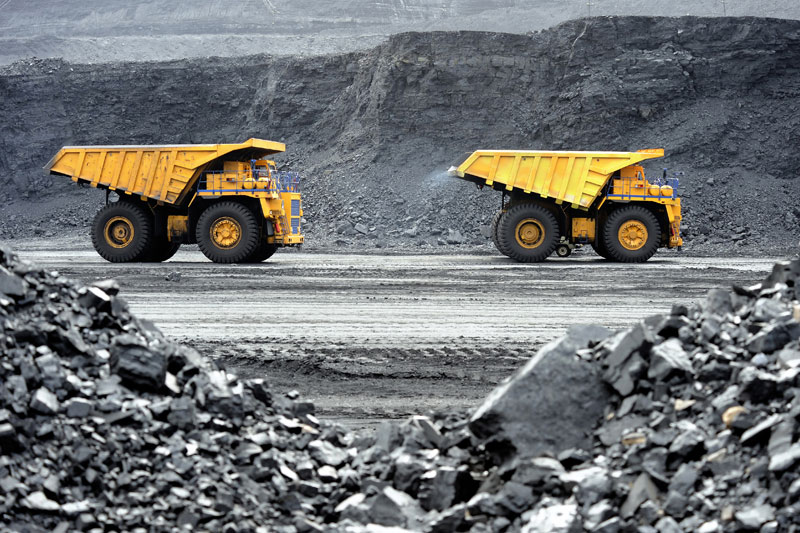By James Regan and Yuka Obayashi
SYDNEY/TOKYO, May 9 (Reuters) - Negotiations to set the quarterly price steel mills will pay mining companies for coking coal will resume in Tokyo this week after being put on hold when a cyclone in Australia cut off coal supplies, four sources said on Tuesday.
The interruption pushed spot premium hard coking coal prices above the first quarter contract price as steelmakers were forced to seek out shipments from as far away as Canada and reduce stockpiles to dangerously low levels.
Sources at Australian mining companies speaking on condition of anonymity said both sides were ready to pick up the talks as the four main coal lines operated by Aurizon Holdings Ltd AZJ.AX gradually resume shipments, with the biggest line, Goonyella, returning on April 26.[ nL4N1HZ26N]
"The cyclone left everyone up in the air," an Australian mining executive close to the talks said. "No one wanted to negotiate from a position of uncertainty. That has now passed."
The talks will set the quarterly benchmark price that steel mills will pay for coking coal, largely from Australia, which is the world's largest exporter of the steelmaking raw material.
The two sides head back to table following annual settlements led by Glencore GLEN.L in Australia and Tohoku Electric Power in Japan for thermal coal used in power generation. for sea-traded coal has been exacerbated by China's shift away from producing much of its own coal to fight pollution.
In the first quarter of 2017, miners received $285 a tonne, the highest since 2011, up from $200 a tonne in the preivous three-month period and just $81 a tonne in the first quarter of 2016.
Before the latest disruption, Japan's steel mills had been discussing a price for the current quarter of around $150 a tonne.
A source who deals with procurement at a Japanese steel mill said he was wary of a fast settlement, as both sides will need to agree on the outlook for Chinese steel market, the world's largest.
Beijing beat its own targets for capacity reductions in 2016, eliminating 290 million tonnes of coal capacity and 65 million tonnes of steel capacity, according to Fitch ratings agency.
